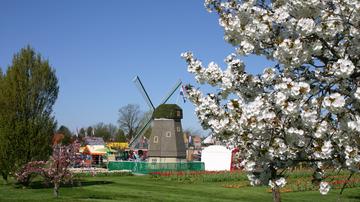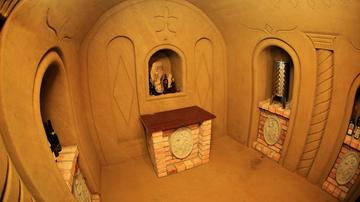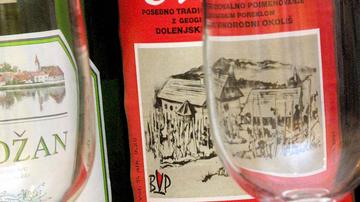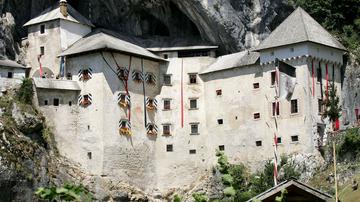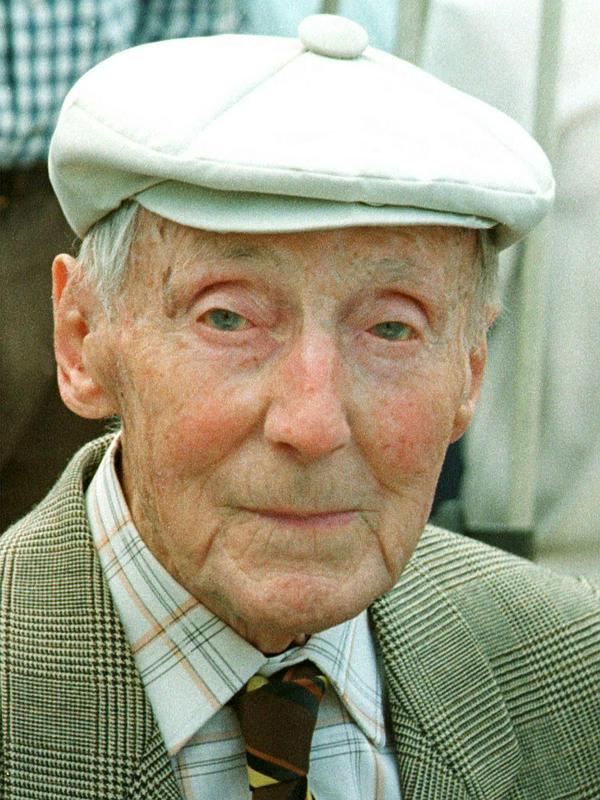
During the opening ceremony of the 1996 Atlanta Olympics, an old man strode into the stadium. Far from frail despite his advanced age, he had a youthful spring in his step. Bill Clinton, watching the ceremony from his presidential box, was impressed. In front of a global audience, he gave the old man thumbs up.
The old man was 98-year-old Leon Štukelj, a legendary Slovenian gymnast. He was introduced to the world in Atlanta as the world’s oldest living Olympic gold medalist. He had won his first two gold medals 72 years earlier, at the 1924 Paris Olympics. Those were Yugoslavia’s first Olympic medals, and a national holiday was proclaimed upon his return. Four years later, he took home three medals from the Amsterdam Olympics -- two of them were gold. He even competed at the 1936 Berlin games, Hitler’s infamous Olympics, where he capped his long career with a silver medal. During his long sporting career, he won a total of 20 medals at major international competitions.
A judge by profession, the soft-spoken Štukelj was unpopular with the postwar Communist authorities. Since he supported an anti-Communist resistance movement during World War II, he was even briefly imprisoned after the conflict. In the following decades, he was simply ignored.
After independence, however, Štukelj quickly became a proud symbol of Slovenian sporting achievement. Two arenas were named after him – one in his native Novo Mesto, the other in Maribor, where he had lived most of his life. Maribor also has a square bearing the gymnasts’ name. Several stamps and the five tolar coin bore Štukelj’s image, and his birthday was celebrated around the country.
Štukelj died in late 1999, just days before his 101st birthday. He remains a Slovenian legend, however.




















































